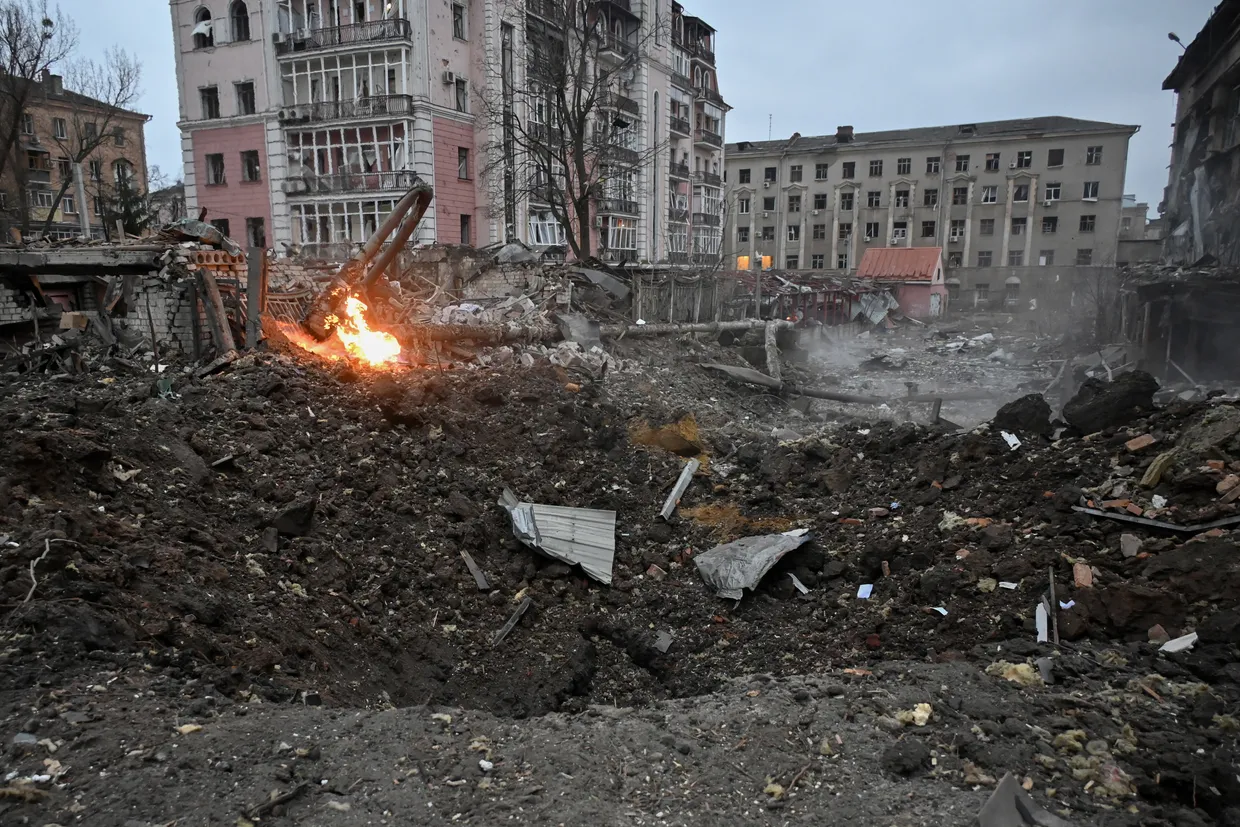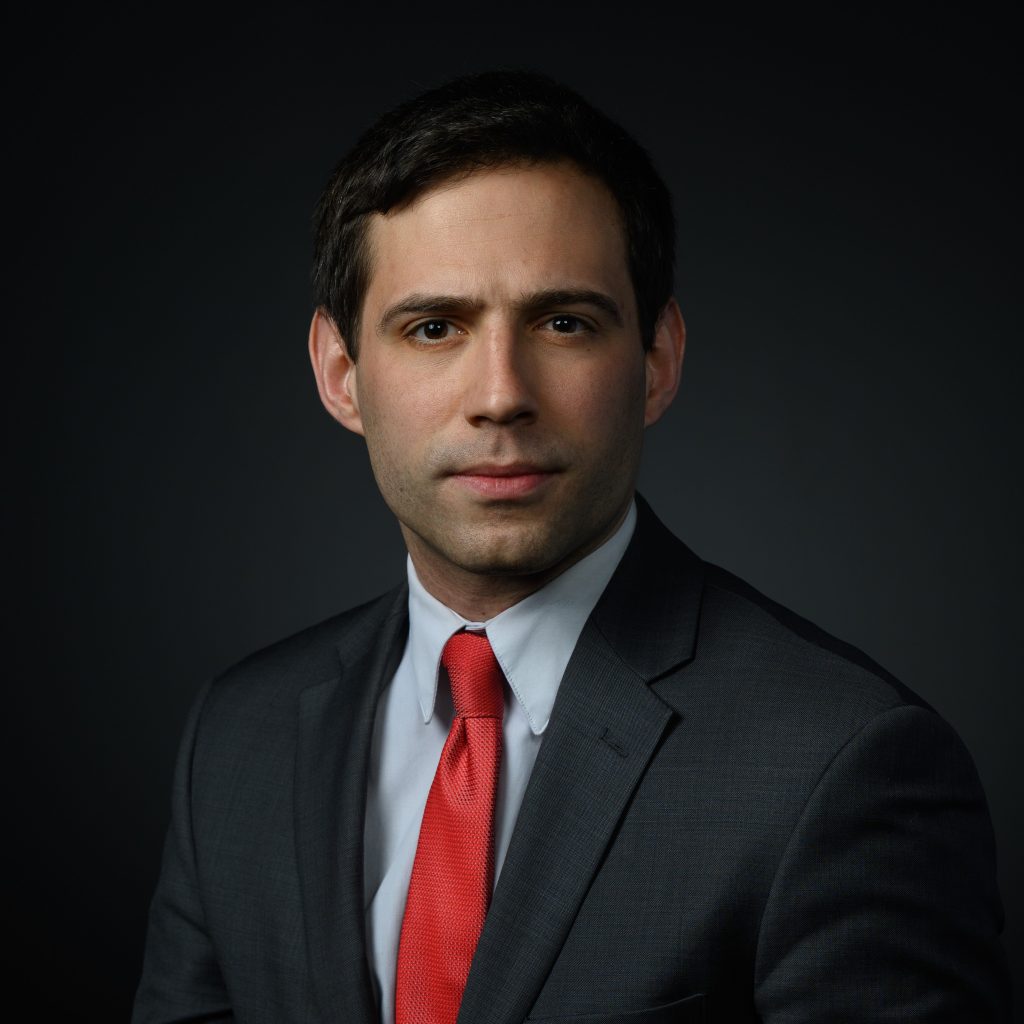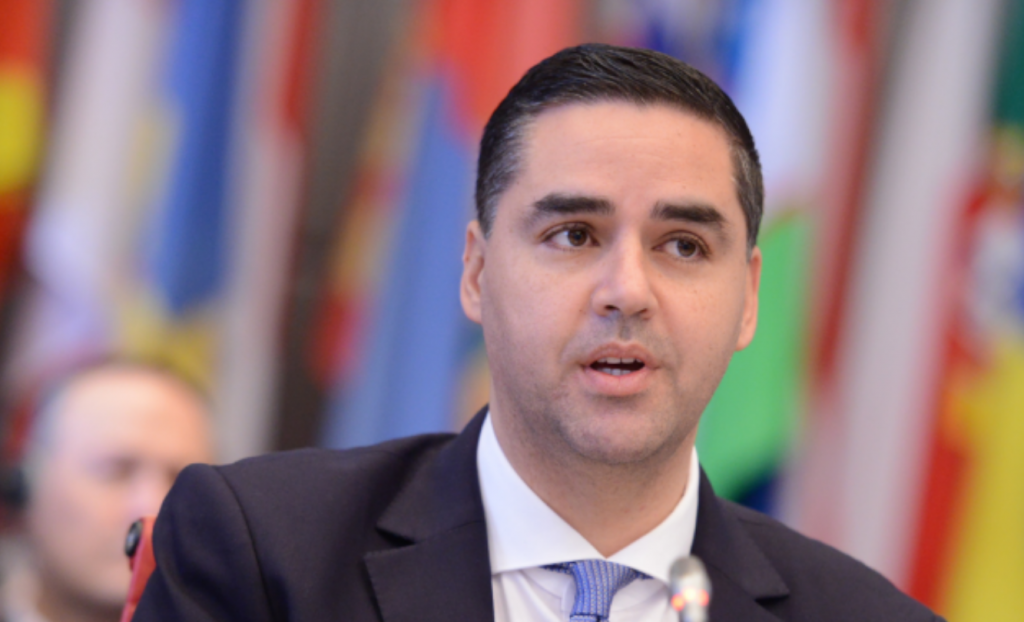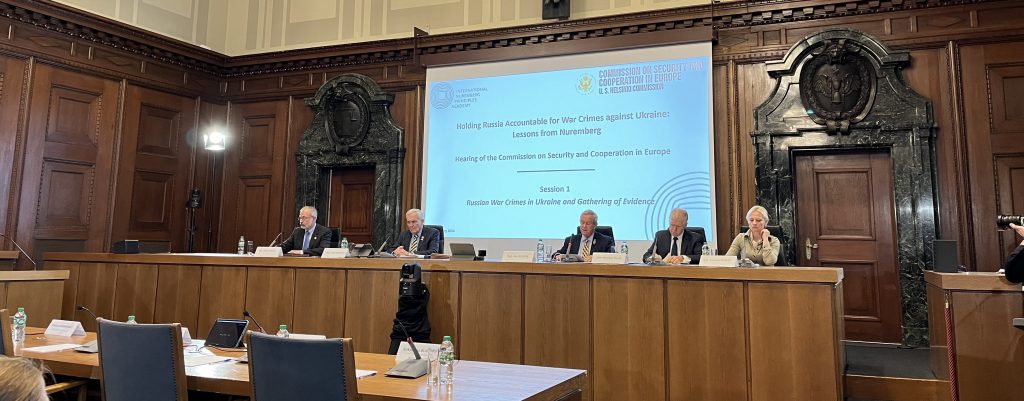WASHINGTON—The recent, bipartisan passage of supplemental aid for Ukraine may represent a turning point in the war against Russia’s genocidal invasion. Outgunned and outmanned, Ukrainian forces have lost territory in recent months, but made Russian forces pay a tremendous cost for ultimately moderate territorial gains, with Russian forces suffering nearly 90,000 casualties in taking several hundred square kilometers of territory. With fresh injections of funding from both Europe and the United States, Ukraine now has the opportunity to stabilize its front lines and regain battlefield momentum. However, to enable Ukrainian progress in the near- to medium-term, Western military aid must be purposeful and tied to a concrete and actionable theory of Ukrainian victory. Long range munitions can destroy key Russian offensive capabilities and disrupt its sustainment infrastructure; multi-layered air defense can protect Ukrainian cities and deny Russia the air dominance their forces depend upon; and targeted Ukrainian attacks against Russian military targets in occupied Ukraine, and in Russia itself, can help degrade the Russian war economy and boost Ukrainian morale.
With a military unable to compete with Ukrainian defenders on equal footing on the battlefield, Russian forces have resorted to employing overwhelming mass of men and materiel, sustained in large part with munitions, drones, and technological inputs from Iran, North Korea, and China. To counteract these Russian advantages, Western aid should not only allow Ukrainian forces to hold the line, but to degrade and destroy fixed Russian positions, enable offensive operations, and effect general exhaustion and collapse among Russian units. While recent aid tranches have reportedly included fresh quantities of long-range Army Tactical Missile System munitions, suggesting a more newly proactive posture, aid packages tied to enabling rapid Ukrainian victory will likely necessitate newly evolved approaches to aid and advisory.
This hearing will feature key experts on Ukraine and its defensive needs, ongoing battlefield dynamics, and policy recommendations to inform the development of future military aid packages.
###







